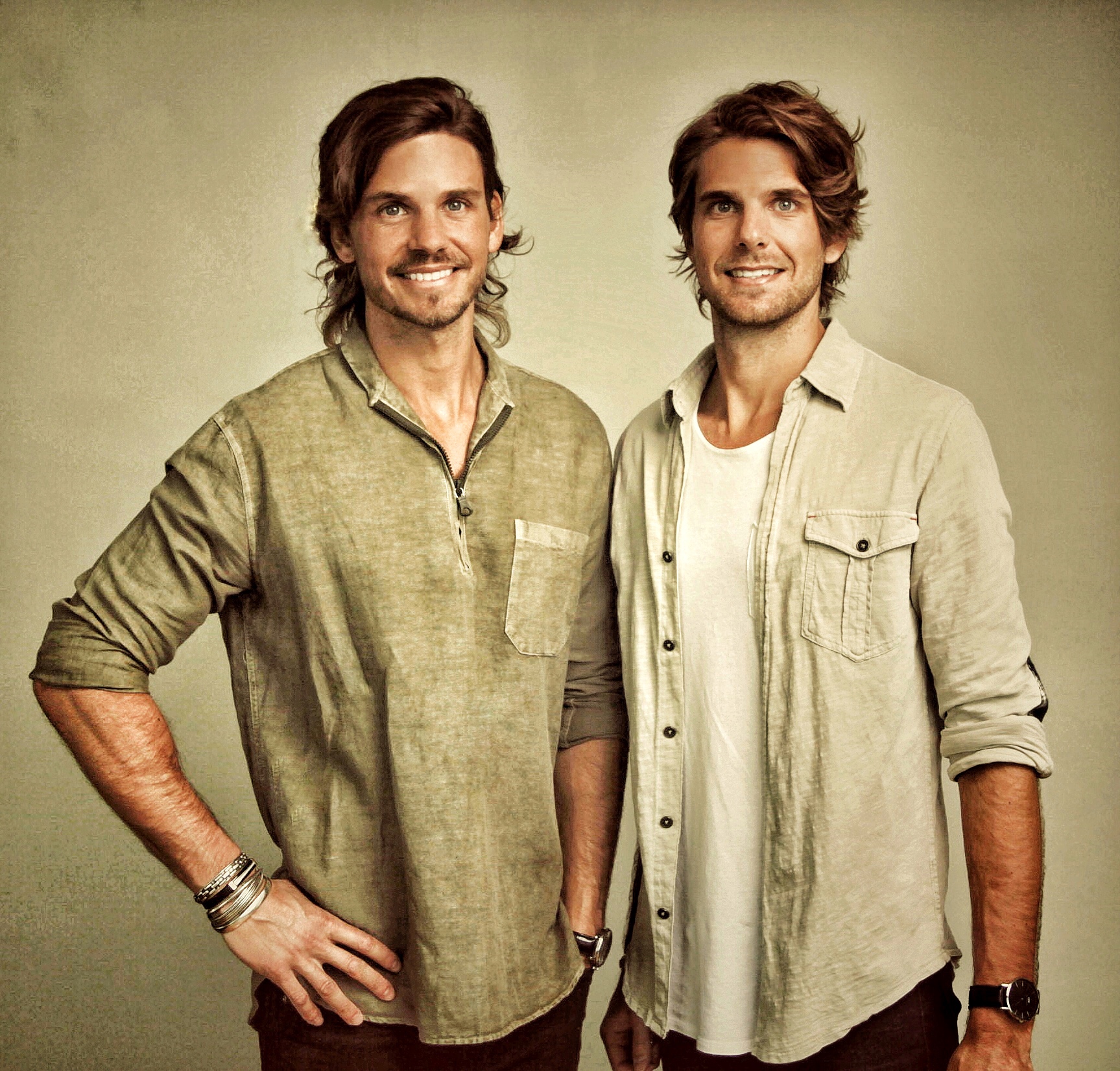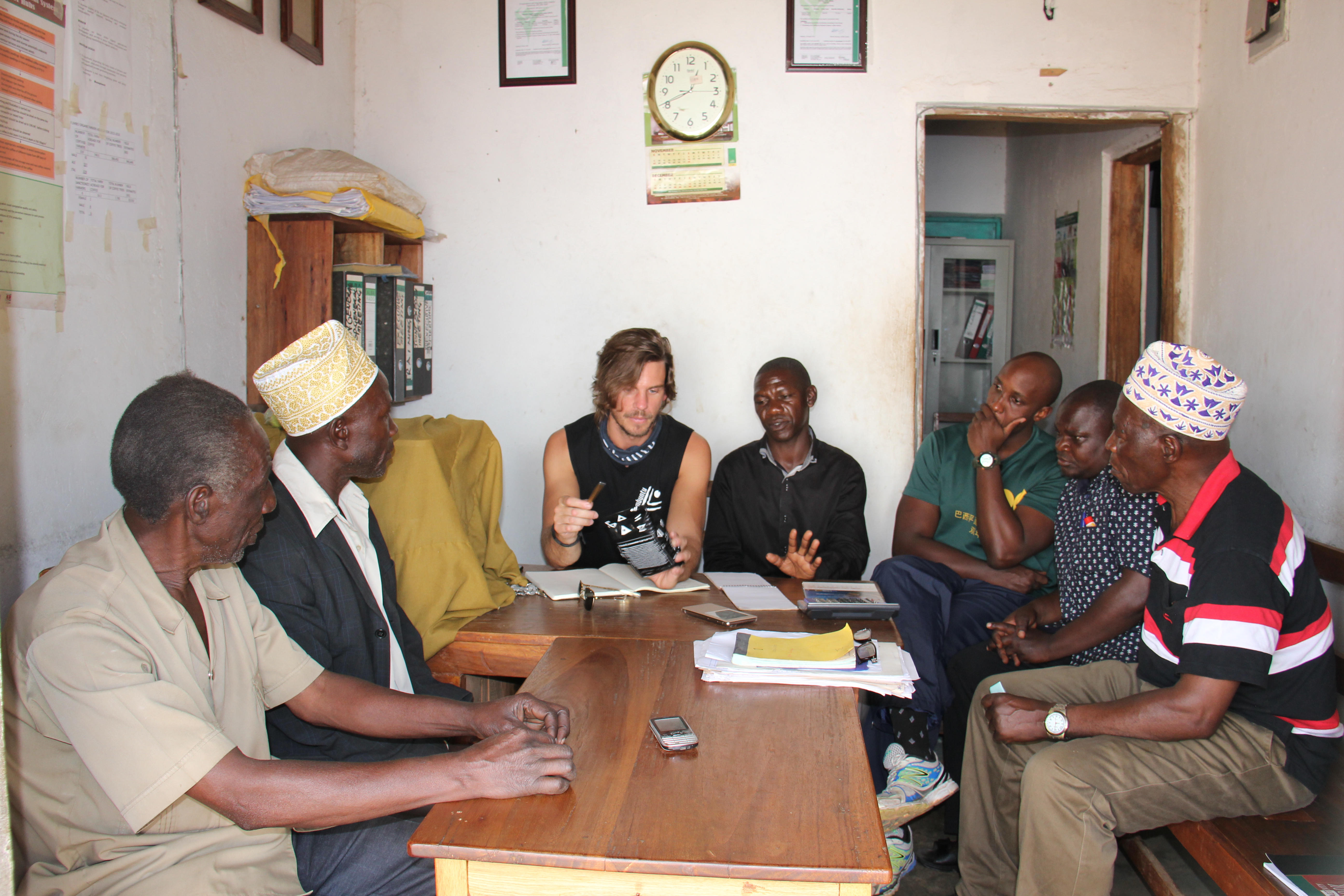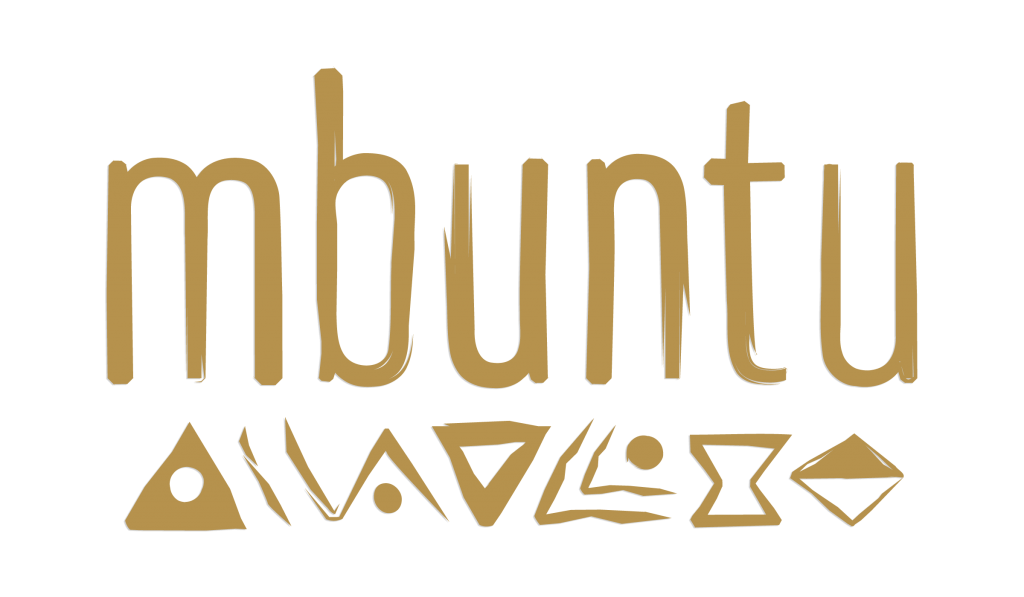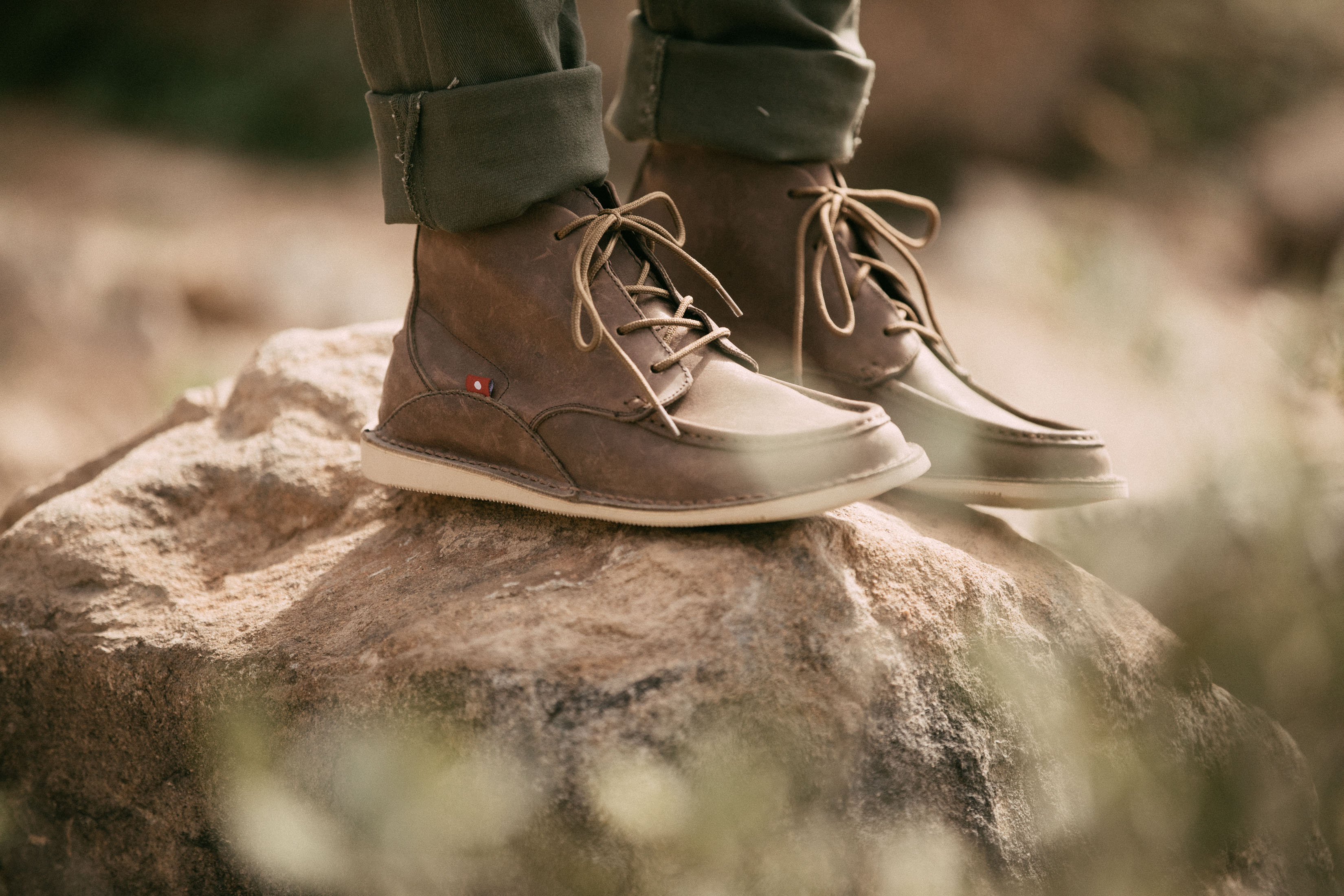For Luke and Mark Willms, the African continent has been a second home. Starting with early childhood trips for their father’s HIV/AIDS research foundation, the two brothers witnessed a side of Africa few travelers experience, and they were inspired. Flash forward to today, their company MBUNTU is helping small communities across the continent by bringing their coffee crops to vast new markets, and bringing excited tourists to an array of safari lodges in lesser known yet incredible locations. We caught up with them to ask how MBUNTU came to be, and how it works it’s magic.
 You both spent a great deal of time across Africa as kids, do you remember what inspired you to return as adults to fulfill your mission of social impact?
You both spent a great deal of time across Africa as kids, do you remember what inspired you to return as adults to fulfill your mission of social impact?
Our inspiration came from watching our father’s foundation grow from a tiny HIV/AIDS prevention NGO to a large entity with two-dozen staff, thousands of micro-loan recipients, 1 large community health centre, a vocational school, and tens of thousands affected by its finance, health and education programs. We’ve never stopped traveling to Africa — we’ve been going annually for the last 25 years. We see people who started working for our dad at the beginning in 1992 still working with him today. The foundation has often been part of the conversation at the dinner table, through all the highs and the lows— overseeing a foundation with charitable capital being a constant struggle is no easy task. We’ve seen it almost kill our dad— but at the end of the day it’s about seeing something through. MBUNTU is the same for us. Three years ago we started MBUNTU as a lifestyle company to meld together all of the initiatives that we’ve started over the years: safari tours, coffee, artistic imports, clothing and accessories. Our inspiration comes from attempting to emulate the program and business longevity much like our dad has assembled over the last three decades of doing work throughout East Africa.
You’ve built an extensive network of travel partners across the African continent. How does your model support these local businesses?
We are all about the small overlooked and family-run lodges. Uganda was our focus for quite some time. For those that travel to Africa, they think of Kenya, Tanzania and South Africa as places to see wild game on reserves. The majority of our safaris focus on ‘stories’ — cultural components that we emphasize to portray the REAL Africa. It’s what our clients enjoy the most. Originally, we called our tours ‘ethical safaris’ — they really were less about making an impact and more about communication and collaboration. This happened naturally due to the lodges we were staying at in often over-looked regions in already undermined countries like Uganda and Malawi. These were small family run lodges in close proximity to the communities in which our dad’s foundation operates — so these small family run lodges benefited while the micro-finance programs gained exposure and potential support from our clients as well. Development initiatives have always benefitted from first hand exposure from potential funding sources — it was out of this realization that we began doing safaris in the first place.
We are fortunate to be partnered with a safari company that has an eco- responsible focus. This partnership has allowed us to grow as well as keep innovating unique experiences for our clients. We’ve come a long way from hiring a small fleet of local drivers and friends to operating across various African countries in an attempt to showcase how each country is vastly unique.
 So far Mbuntu has focused on Coffee and Travel as a means of supporting African business. Do you have any plans to expand your networks to different industries?
So far Mbuntu has focused on Coffee and Travel as a means of supporting African business. Do you have any plans to expand your networks to different industries?
We are always thinking about this. We are art enthusiasts, and for a while we imported various works from East Africa and had our catalogue online and incorporated the art as auction items during various charity events for our dad’s foundation. It became too much to manage with our travel and especially our coffee sectors — we are still a two-man show on the verge of needing some serious help. When we get our heads above water, we’ll bring back the artistic imports and expand it to being more than just visuals arts — but artifacts, furniture (and more to be unnamed) to really bring that African lifestyle to North America.
How have your experiences across Africa changed since your first trip in 1992?
For the most part, they haven’t changed all that much. Like we mentioned earlier, the relationships we have established over the years continue to be there, the staff with our dad’s foundation continue to work alongside him, our business partners continue to be valuable assets and collaborators. Really it’s how far we travel in country for various projects. We’ve been to the far reaches of Northern Uganda in Karamoja working with armed guards to the southern most part of Uganda trekking for gorillas —however we still talk about our first visit to Harare, Zimbabwe in 1992. Living in a backyard with a basketball net made of a cardboard box and playing ‘hockey’ using tennis rackets — we both remember this with crystal clarity. We feel like we have stories for days (too many to describe here). It is because of what we were exposed to at such a young age that we are comfortable looking for that edge, that adventure, that opportunity to collaborate with others from the region and always feel comfortable no matter the setting. We truly feel like we are coming home every time we get off the plane whether it be in Nairobi, Entebbe, Harare, Lilongwe or Kigali.
 Your Safari tours visit “micro-credit” recipient businesses. Can you tell us what a micro-credit program is, and how these businesses utilize them?
Your Safari tours visit “micro-credit” recipient businesses. Can you tell us what a micro-credit program is, and how these businesses utilize them?
A micro-credit program is where impoverished women are given loans to start or support pre-existing businesses. In the case of our father’s foundation (SSF) and its finance program, there is virtually an unprecedented 100% repayment rate for these loans. With the educational support of the local finance team, they take part in a business-training program where they learn skills such as savings and record keeping, group dynamics, financial and project management, entrepreneurship and business skills, managing an enterprise for profitability, and resource mobilization. To take an integrated approach further, these women are also trained by our staff in sanitation and hygiene and environmental protection.
We visit micro-credit recipients on our safari tours because we believe it is an important aspect for where ‘development’ is headed. It also highlights Africa as a place to do business, a place to invest, collaborate — and to showcase a place where entrepreneurialism is flourishing.
 How do you design the perfect safari?
How do you design the perfect safari?
The safari has to flow from one comfort level to the next. For a first timer traveling to Africa ,we will start the tour staying at higher end lodging, and slowly work the clients into more remote and local housing (micro-credit recipient visits etc). We also make sure our clients visit at least two African countries to provide a unique contrast, as every country in Africa is so different. From the lush forests of Uganda to the plains of Kenya and Tanzania to the vast open and nomadic norms of Namibia, saying ‘Africa’ doesn’t do the individual countries and everything they possess justice at all.
Name one trend you’re most excited for in 2017.
We are both pretty excited to see where the coffee culture is headed. Our company prides itself on purchasing coffee beans directly from farmers in the regions in which we source from, and we feel coffee enthusiasts are always expanding their knowledge on how coffee is sourced, all the processing behind getting it from the farm to a cup. More specifically, we are exciting for people to taste coffee from regions that are often overlooked, micro-lots that are hard to access, but also the endless array of blends with regions that keeps the coffee industry evolving. We have recently started supplying a Ugandan/Brazilian blend for the everyday coffee enthusiast but also that espresso lover. Blending coffee from various regions really is like mixing a cocktail — the options are endless. We are also excited to provide healthy drink options ‘or elixirs’ that are like latte’s with healthy fats for the fitness culture. Much like cold brew coffee, the healthier coffee drink culture is going to be a major trend in 2017- 2018.
Check out all MBUNTU has to offer at http://www.mbuntu.com/
MBUNTU Instagram: @mbuntu
MBUNTU Twitter: @Mbuntulifestyle
MBUNTU Facebook: @mbuntulifestyle






